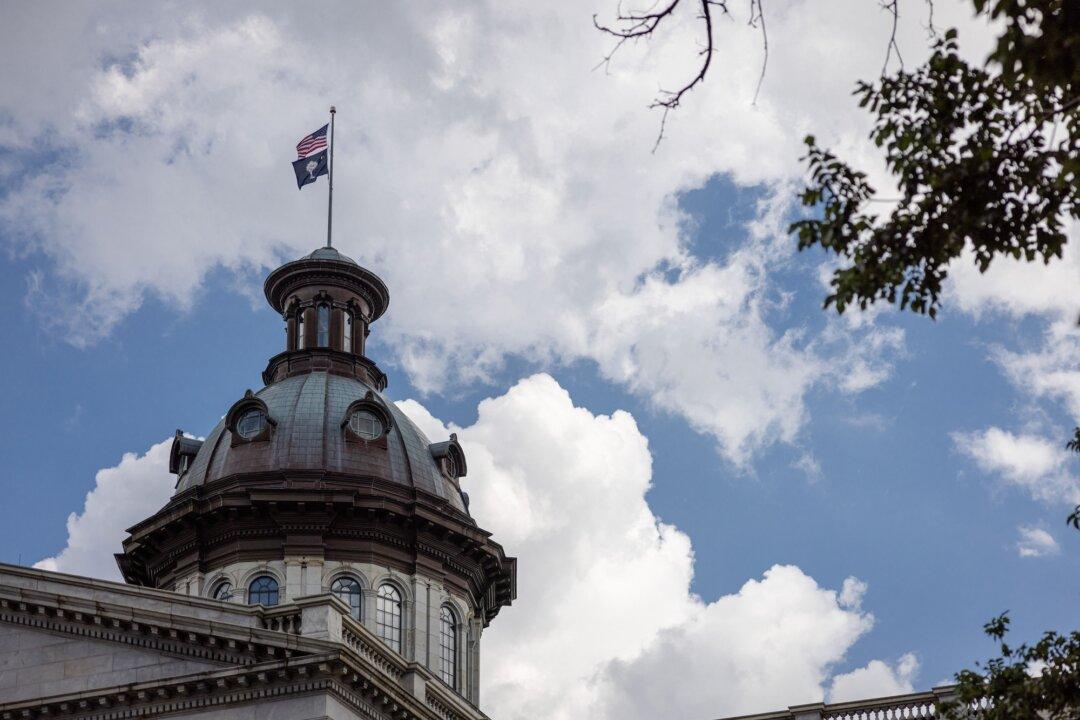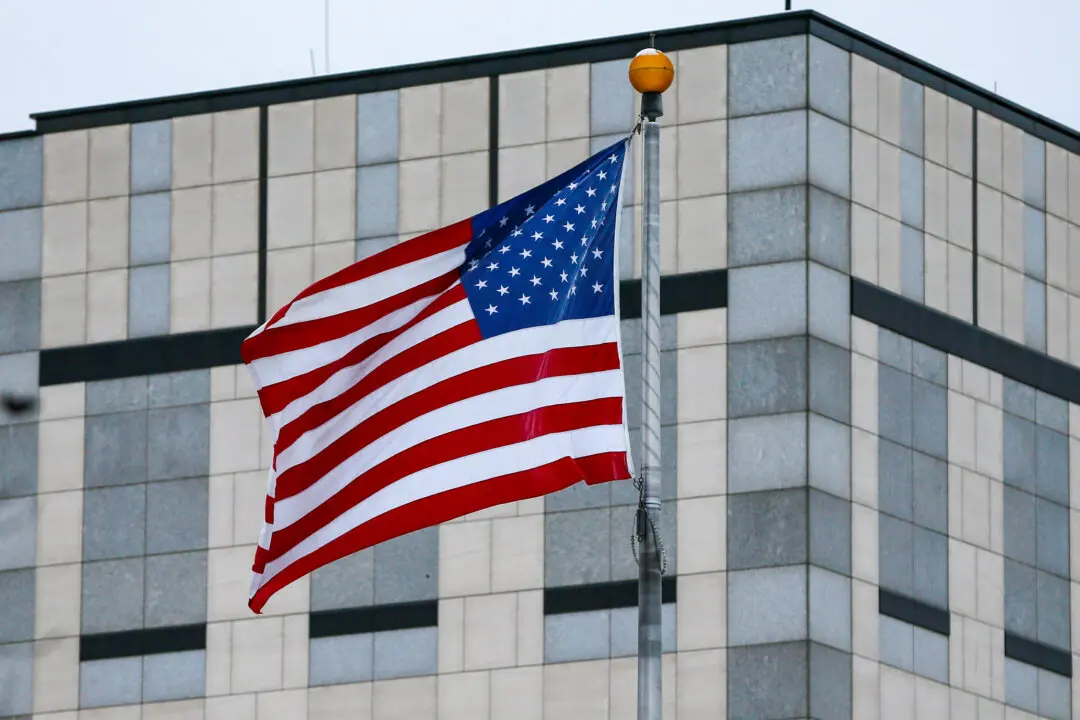The South Carolina Supreme Court ruled this week to uphold the state’s fetal heartbeat law, allowing the state to continue the ban on abortions starting at around six weeks of gestation.
The justices said there was medical imprecision in South Carolina’s heartbeat provision, which is similar to language in the laws in several other states. But they said this drove them to study the intent of the General Assembly, which left no doubt that lawmakers on both sides of the issue saw it as a six-week ban.
“Not one of the terms the General Assembly used in the definition—not ‘cardiac activity’ nor ‘steady,’ ‘repetitive,’ ‘rhythmic,’ ‘contraction,’ ‘fetal heart,’ nor even ‘gestational sac,’—is a precise medically defined term,” state Supreme Court Associate Justice John Few wrote in the decision.
Because lawmakers understood the law to mean that abortions should be banned in the state at six weeks, that is how lawmakers should interpret the 2023 act, the court said.
But Few said that the court has counted “at least sixty separate instances during the 2023 legislative session in which a member of the House or Senate referred to the 2023 Act as a six-week ban on abortion, many of which specifically referenced the Court’s analysis of the 2021 Act.”
“We could find not one instance during the entire 2023 legislative session in which anyone connected in any way to the General Assembly framed the Act as banning abortion after approximately nine weeks,” he said.
“While we do not frame our holding today in the shorthand terms of a number of weeks, the biologically identifiable moment in time we hold is the ‘fetal heartbeat’ under the 2023 Act occurs in most instances at approximately six weeks of pregnancy.”
After the ruling was handed down Wednesday, Planned Parenthood pledged to keep challenging the ban and said that it would damage the state health care system.
Pro-life groups also praised the ruling.







